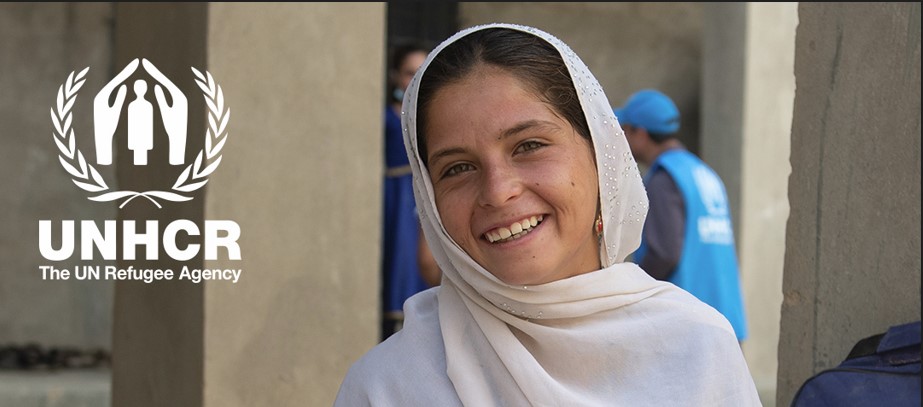A growing number of people around the world are waking up every day, not knowing if they will eat, or when they will next have any food for their children.
The current scale of global hunger is unprecedented with over <345 million> people around the world facing acute hunger in 2024. The long-term impacts of COVID-19, climate change, and conflict are compounding the crisis, causing increasingly severe food shortages and pushing some populations towards the brink of famine.
The reality is, the rising costs of food and other essentials are affecting all our lives, but the impact can be catastrophic on those who were already leading a fragile existence. This includes people who have had to leave their homes as a result of violence, war, disaster or persecution. Refugees and displaced people are among those most at risk of food insecurity and malnutrition.
Refugees and displaced people lose their home, livelihoods and community
From one day to the next, refugees and displaced people often lose everything they own and have worked for. They may then have no alternative but to make perilous journeys, sometimes walking for days, in the hope of finding a safe place to stay.
However, hunger knows no borders, and having insufficient nutrition is increasingly the reality for people who are forced to flee, and there may be no safety net to catch them in the place where they’ve found refuge.
In the Horn of Africa, for example – in countries including Ethiopia, Kenya and Somalia – people who are displaced are now in the grip of a hunger crisis.
Conflict and drought have led to food shortages and sharp price rises. Food insecurity is increasing. This is one of the places where UNHCR, the UN Refugee Agency, is working to protect lives.
UNHCR, the UN Refugee Agency
UNHCR was set up in the aftermath of the second world war, and for more than 70 years, we’ve existed to save lives, protect rights and build a better future for refugees and forcibly displaced communities. We have operated in Canada since 1976. Currently in more than 135 countries, we deliver lifesaving assistance in emergencies, safeguard fundamental human rights, and help find long-term solutions. Our work is needed more than ever before.
There are currently more than 114 million displaced people globally. This includes those forced to leave their homes and communities during long running and unresolved conflicts. This is a record high and, in a world that feels increasingly unstable, forced displacement is expected to rise.
This year will mark 13 years since conflict broke out in Syria. There has been a decade of devastation in Yemen, and it is nearly two years since the Russian Federation’s invasion of Ukraine. These are just some of the major conflicts that have forced millions of people into displacement.
Life-saving assistance from UNHCR
With the help of our compassionate supporters, UNHCR can be on the ground within hours of an emergency. Our experienced teams work in partnership with our sister agencies to deliver the aid that people who have lost everything need – food, water, shelter and other lifesaving assistance.
But our work continues beyond this first emergency phase. We ensure people in displacement are safe and have the chance to rebuild their lives.
Most people who are forced to leave their homes and communities dream of returning. Until that day comes – if it’s ever possible – UNHCR works to ensure they are safe, and they can lead their lives in dignity. That means having the opportunity to use their knowledge, skills and experiences in displacement. It means their rights being respected, and there being hope of a better future.
Last year, more people were uprooted in humanitarian disasters including the deadly earthquakes in Türkiye and Syria, conflict in Sudan, and ongoing instability throughout central America.
Humanitarian needs are increasing, and Canadians have a proud record of showing understanding towards those who are uprooted and forced to re-make their lives.
A gift of hope
UNHCR’s work is only possible because of the people who support us. We are grateful to everyone who chooses to be part of our work and make their own contribution to protecting the lives of people in displacement.
One way that people do this is to remember UNHCR Canada in their Will. This is a way of giving that has no impact on someone’s finances today, but often represents the values that someone lives by, including compassion for people who are suddenly made vulnerable by circumstances beyond their control.
For more information, please visit www.unhcr.ca/gifts-in-wills
Contact:
Kudzai Riva, Director of Planned Giving
UNHCR Canada
rivak@unhcr.org
2 St. Clair Avenue East, Unit 702, Toronto, Ontario, M4T 2T5
815 views

815 views


